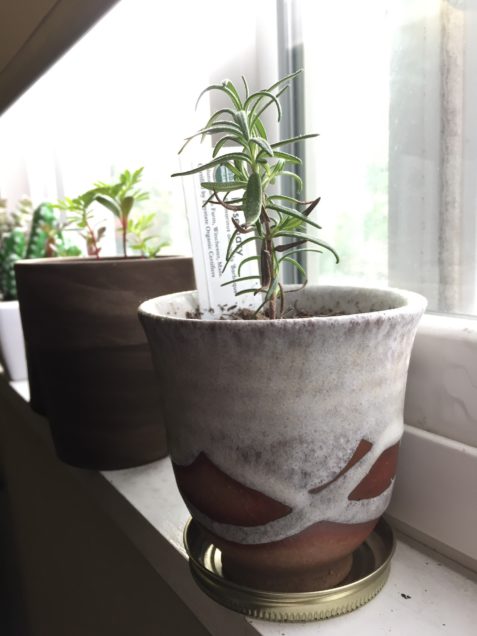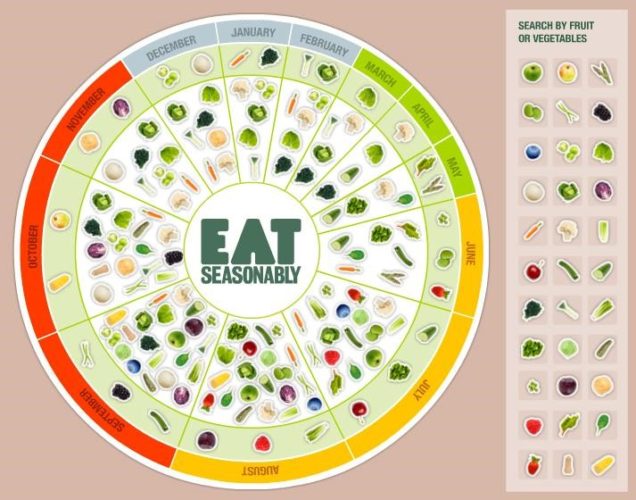Simple Sustainability in an Unsustainable World
The next in our series of posts from Summer Term course, Anthropology of Food (MET ML 641) is from Shannon Fitzgerald.
In Everyone Eats, author E.N. Anderson (2014) urges conservation, sustainability, and efficiency to feed the world. This prompted me to reevaluate my life. How am I practicing sustainability and conservation? How am I respecting the planet, so that others can enjoy it and eat? A strong believer that something is better than nothing, and that a little can go a long way, here are three ways that I am working on sustainability:
1. Planting/growing food
Living in an apartment in Boston can make this a little difficult because of limited space, limited sunlight, and limited outdoor access. As much as I would love to have a flourishing garden with a variety of fruits and vegetables, I have had to adapt this dream to my current living situation. Herbs are easy to care for, and do not require much space. My rosemary plant sits in a small pot on my windowsill. Not only does it add decoration and fresh life to my room, but it also provides me with flavor for my meals. Sharing fresh-grown herbs and vegetables with my friends is another way that I keep my food local; in exchange for rosemary and a home cooked meal, I am provided with off-the-vine tomatoes and basil.
2. Reduce, reuse, recycle
Reduce, reuse, recycle is a common mantra that most have heard since early childhood, but it isn’t always implemented. I reduce waste by buying fresh foods with limited to no packaging, and try my hardest to buy only what is needed and use it all to limit food waste. Reuse is a simple, easy step. Drinking from a refillable water bottle, taking my lunch to work in reusable containers, and bringing utensils from home allows me to not only limit unnecessary waste but also reuse all of these. It saves money, time, and the environment. In cases where reducing and reusing aren’t possible, recycling and composting are great ways to help the environment. I recently attended a composting workshop at the Boston Public Market, which explained how composting works and the different forms such as vermicomposting (composting with worms). If home composting is not a viable option, there are some companies in Boston that provide compost bins and schedule pick-ups for them as well.
3. Buying in season (locally)
What is better than a tasty, well-cooked meal? A tasty, well-cooked meal made with local, in-season ingredients! Not only does buying seasonal fruits and vegetables save money, but it also tastes fresher and supports local farmers. Contributing to the local economy not only assists farmers, but also the planet through lessened waste of resources. Local food is being used, and hopefully as the local movement becomes more popular, less energy and fuel will be wasted in transporting exported goods. To be honest, this does not always work out, judging by the amount of pizza I’ve eaten recently! It’s an ongoing process for me and one that I am hoping to get better at.

Any shift to a more sustainable lifestyle helps, and does not need to involve a complete overhaul. As always, I can and am working on doing more, but these three ways that I have adapted my habits were all simple, and they make me feel like I’m part of the solution instead of the problem.